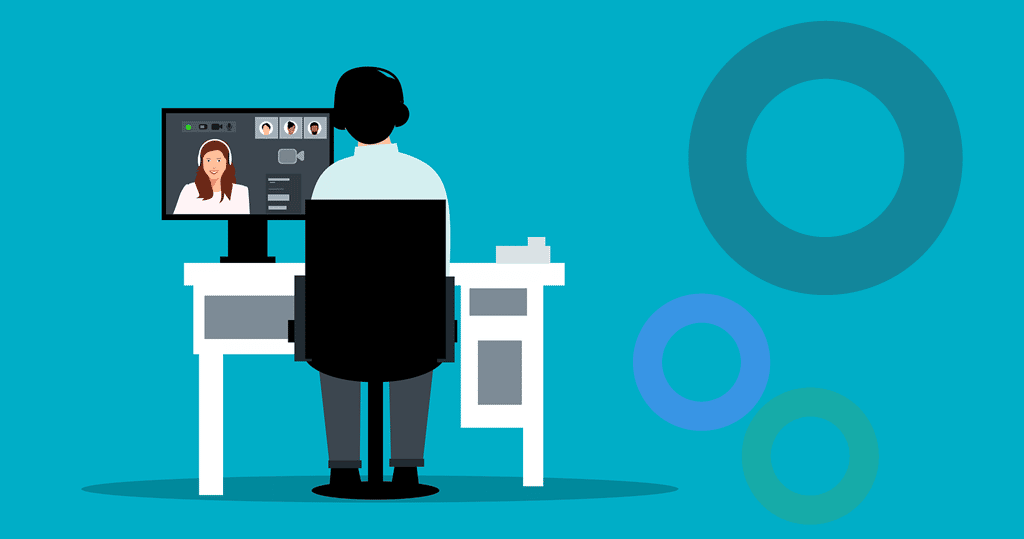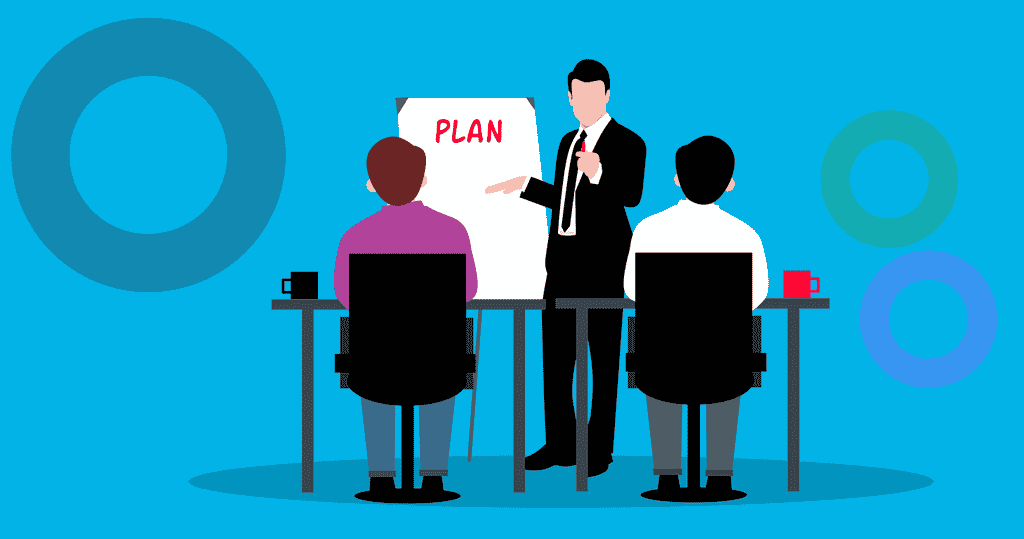WFH? WTF is it actually?

WFH is an acronym for work from home. But what exactly does this term mean? Can working remotely make you fatigued? And what can you do to stop working from home fatigue? Here is a detailed look at WFH and how can you cope with the fatigue that comes with remote work:
What does WFH mean?
Depending on your industry, WFH might refer to a variety of options. Companies that offer WFH may allow remote employees to work from home or different locations on some days and at an office on others. While you can choose to work from home on some days, you may not be able to do the same amount of work. For this reason, it’s important to understand how the process works before you can apply for WFH.
Work from home is the term for jobs that allow employees to work at home using a dedicated laptop or PC and business applications. While some employees work exclusively from home, others may travel half the time to the office. For workers who are fully committed to working remotely, WFH gives them the freedom to set up a workspace in their home without having to leave the house. Companies must still maintain office space for those who choose to work from home, though.
If you want to create a culture of high performance and increase employee satisfaction, WFH may be the best option for you. Flexible working hours allow employees to take care of sick children and run errands without being interrupted by their coworkers. It’s not surprising that 77 percent of employees prefer working from home. Working remotely can save your company a lot of money, time, and energy. It can even increase your working hours.
What does WFH life mean?
What does WFH life mean? If you’re wondering what it means, it’s a term that describes a lifestyle that allows you to work from home. It’s often used in digital communication and is a term that’s becoming increasingly common. People who work this way often appear happier and are more productive. Ultimately, WFH is beneficial for employees and employers. For example, a company that encourages employees to work from home can increase employee engagement and increase their productivity.
In order to get the most out of working from home, it’s important to create a separate workspace. If you’re working from home, it’s important to have a dedicated work area, including a quiet place away from kids and other distractions. Multimedia tools and apps are great for improving productivity and creativity. When working from home, however, be sure to maintain a sense of privacy and create a separate area that’s secluded from distractions.
Can working from home cause fatigue?
Can working from home lead to stress and work fatigue? Many people wonder about this question, but it is not uncommon. It can be as simple as feeling tired and drowsy before you even start the day. The same work fatigue can also manifest itself as irritability and a lack of focus. These are just a few of the common symptoms of work-from-home fatigue. Recognizing these symptoms is the first step in identifying the source of your fatigue, and addressing them will help you make necessary changes.
How do I stop WFH fatigue?
Working from home is a challenging environment, and there are several ways to avoid burnout and the associated mental health problems. One of the most common causes of work fatigue is a lack of exercise, especially when the workday is prolonged. Telecommuting also means sitting at your desk all day.
Exercise
Adding exercise to your day can help relieve home fatigue by releasing endorphins, which provide a mood-boosting effect and mental energy. Add some exercise to your workday by taking breaks for mid-morning walks, or try incorporating an exercise routine into your daily schedule.
Establish boundaries
Work-at-home workers often forget to set boundaries and have to force themselves to put their laptops away. Setting physical boundaries is important for your emotional energy, too. Having a separate workspace, for example, can help signal that you’ve had enough work for the day. Remote workers can also choose not to work late into the night or set up calls all the time. It is also a good idea to limit the amount of media you consume and plan meals around your personal schedule.
What are good reasons to work at home?
Working from home has many benefits. There are fewer overhead costs, such as maintaining a vehicle. You can spend more time with your family and enjoy personal time at home. You can also eat healthier snacks and exercise when you don’t have to rush off to the office. Then again, there is nothing quite like a long car ride. Working from home may not be for everyone, and if you enjoy a daily coffee break, you’ll appreciate the convenience of being able to grab it whenever you want.
Many businesses are starting to realize the benefits of working from home. In recent years, the messaging tools have made working from home easier than ever before. Thanks to technology and tools, collaborating with your colleagues is easier than ever. Working from home means that you don’t have to rent or lease office space. You can also enjoy a better work-life balance. It’s also possible to work remotely if your employer offers a work from home program.
Is WFH or office better?
When deciding whether a WFH or an office will suit your lifestyle and job requirements, consider several factors that will help you decide. Remote working offers many benefits, such as extra time for exercise, personal care, and meditation. While some disadvantages may not be easily overcome, some habits and mindset shifts will help you make the most of the opportunity. Ultimately, you should ask yourself whether you are more productive working from home or if you prefer a traditional office environment.
In addition to its benefits, remote working has a lower carbon footprint. With no commute to and from the office, you will emit fewer greenhouse gases. Additionally, federal and state incentives for energy efficiency can help you save money and improve your home’s efficiency. As an added bonus, a WFH offers greater diversity.
What is the WFH professional?
Work-life balance is a concept that has been around for decades, but the concept of ‘work-from-home’ has become a controversial and increasingly important issue in organizations today. While there is no universal definition for what WFH is, there are some key characteristics that distinguish it from a traditional job. First and foremost, a WFH professional must be well-versed in the company culture and business practices of the company they work for.
Remote work can be difficult for both sexes. Additionally, power cuts and poor internet connectivity can make it difficult to conduct work effectively for remote employees. Many companies have embraced WFH practices in the UK and the US mainly because of the flexible schedule, but a WFH professional must ensure that employees comply with their organizational standards and stay in touch on phone calls and instant messaging.
Another characteristic of a WFH professional is flexibility. Many companies allow their employees to work from home using collaborative technologies and video conferencing tools that help them stay focused. In fact, some WFH professionals may not even need to leave their homes every day. Others, however, require that they work from home from time to time to re-energize and focus on one task. Some WFH jobs require employees to work from home, but many companies give them a designated space so that they stay connected either on voice or video calls.

How do you deal with fatigue at work from home?
Whether you’re physically working in an office or working at home, the demands of a job can wear you down. Whether it’s sitting behind a desk for hours on end, the daily grind can wear you down emotionally and physically. The extra pressure can even make you feel tired. Working from home makes you even more susceptible to fatigue. Therefore, it’s vital to learn how to cope with fatigue when you’re working from home.
Switching Routine
Switching your routine can have a big impact on your energy levels. You can try changing up your daily tasks by starting your workday earlier than usual. Try working on tasks that require less mental or physical energy in the morning and saving more energy for the later part of the day. Mindfulness can also help you avoid the drowsy after-lunch slump. By switching up your routine, you can regain your energy all day long. And, when you can’t get up from your desk, take a quick walk or deep breaths.
Sleeping Routine and Meditation
If you experience work fatigue at times when you need to sleep, you can try creating a sleeping schedule that is in sync with your Circadian rhythm. Besides establishing a regular sleep schedule, you can also incorporate meditation and exercise into your daily routine. Both of these will naturally boost your energy levels and make you feel more positive. It’s also important to find a relaxing activity you enjoy.
Stay hydrated
Staying hydrated is an official requirement. Drink plenty of water and try to limit your intake of sugary sodas and candy bars. These foods will drag your energy levels down. Avoid them. Make sure you have a nutritious breakfast before starting work and plan a reasonable time for lunch. By staying hydrated, you can keep yourself active and satiated throughout the day.
Team Management Tools
If you’re a work-from-home employee and need to manage your team’s time effectively, you’ll want to take advantage of team management tools. Team members can easily share and access files and other information from a single system. For example, they can help managers view and track the progress of tasks and much more!
Make progress visible to keep the crowd engaged
Work from home is challenging. With so many variables that can affect productivity, managing remote workers in different workstreams can be a daunting task. Luckily, there are many tools that can help ease the frustration of managing remote workers, and we invetned yowork.io as one of them.
From meeting management and task management to shared workstreams – yowork.io helps you to add engagement to teamwork. With amazing benefits yowork.io is the best way to prevent work from home fatigue and keep the team engaged. We do not replace, but integrate other collaboration tools like Microsoft Teams and Google Workspace, but adding freakin’ productivity to them! Check it out with your personal forever free account!
all images Pixabay





